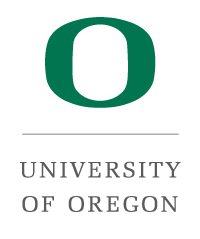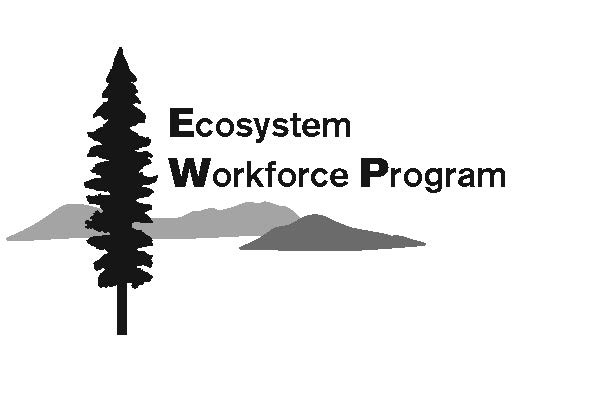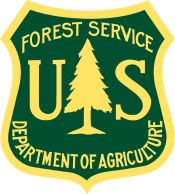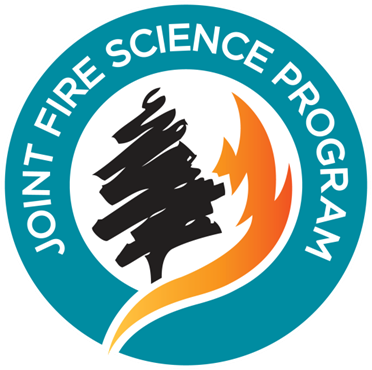Forest fire policy: change conventional thinking of smoke management to prioritize long-term air quality and public health
| Title | Forest fire policy: change conventional thinking of smoke management to prioritize long-term air quality and public health |
| Publication Type | Journal Article |
| Year of Publication | 2016 |
| Authors | Schweizer, DW |
| Secondary Authors | Cisneros, R |
| Journal | Air Quality, Atmosphere & Health |
| Keywords | policy, public health, smoke and air quality, smoke management, technical reports and journal articles, wildland fire |
| Abstract | Wildland fire smoke is inevitable. Size and intensity of wildland fires are increasing in the western USA. Smoke-free skies and public exposure to wildland fire smoke have effectively been postponed through suppression. The historic policy of suppression has systematically both instilled a public expectation of a smoke-free environment and deferred emissions through increased forest fuel loads that will lead to an eventual large spontaneous release. High intensity fire smoke is impacting a larger area including high density urban areas. Policy change has largely attempted to provide the avenue for increased use of ecologically beneficial fire but allows for continued reliance on suppression as a primary tool for a smoke averse population. While understanding the essential role of suppression in protection of life and property, we dispute the efficacy of attempting to eliminate smoke exposure through suppression in a fire prone area to protect human health at the population level. Sufficient consideration to future negative health outcomes needs to be considered in fire management decisions. It is likely that long term air quality is inextricably linked to ecosystem health in the Sierra Nevada. We contend that landscape use of ecological fire is essential to forest and human health. Radical change is needed where beneficial wildland fire smoke is treated as natural background and exempted from much of the regulation applied to anthropogenic sources. |
| DOI | 10.1007/s11869-016-0405-4 |




